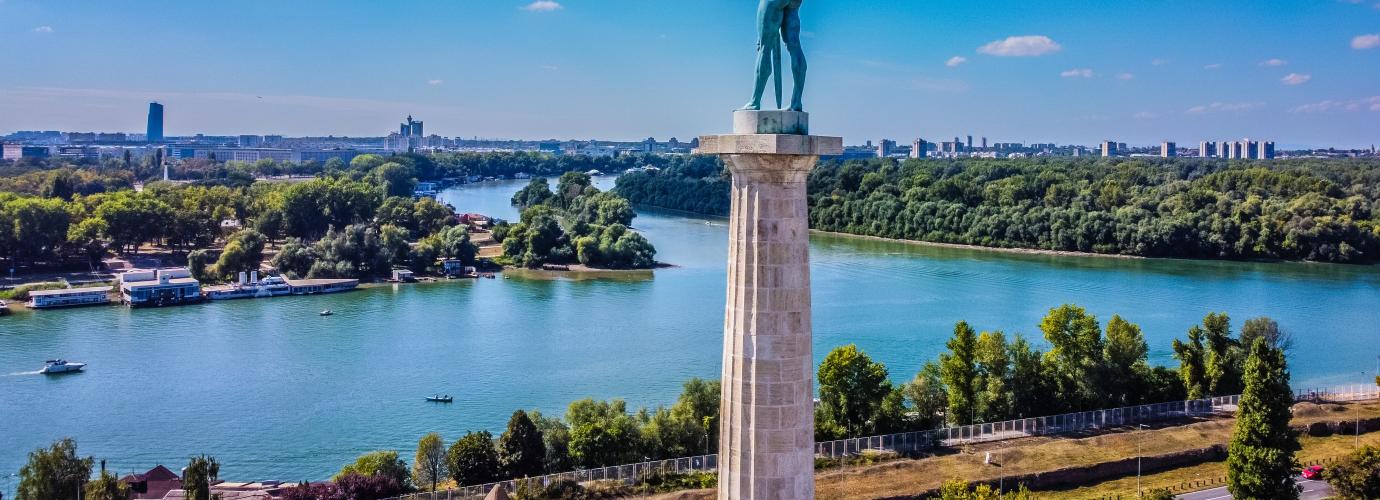This chapter provides a thematic and chronological overview of national reforms and policy developments during the three-year period.
The introduction of the chapter describes the overall education strategy and the key objectives across the whole education system. It also looks at how the education reform process is organised and who are the main actors in the decision-making process.
The section on ongoing reforms and policy developments groups reforms in the following broad thematic areas that largely correspond to education levels: Early childhood education and care; School education; VET and Adult learning; Higher education; and Transversal skills and Employability. The most recent reforms are described first.
Overall national education strategy and key objectives
In June 2021 The Government of Serbia has adopted the Strategy for the Development of Education in Serbia by 2030.
This is broader strategy which refers to all education levels from ISCED 0 to ISCED 8, but also adult education, teacher education and other relevant aspects of educational system.
In the strategy some important topics that were not part of the existing strategic framework have been defined. Also, the implementation of some specific objectives was started in the previous period, but it has been redefined by new strategy. The Strategy for the Development of Education in Serbia by 2030 is also a step towards the harmonization of education policies with policies in science, technical and technological development in modern society. This strategy also tends to harmonize the regulations in education with international documents and initiatives (documents of the UN, EU, Council of Europe, etc.).
Two general objectives are defined in the document: one related to the pre-university education and the other related to higher education. The first one reletes to the increased quality of teaching and learning, fairness and accessibility of pre-university education and strengthened educational role of all educational institutions. The second one focuses on improving accessibility, quality, relevance, and equity of higher education.
The strategy includes a plan of reforms aimed at ensuring the acomplishment of general objectives by 2030. The Strategy also includes specific objectives, measurable targets and mechanisms within each general objective.
In accordance to the Strategy, two laws in the field of higher education has been adopted - the Law on Student Organization and the Law on Amendments to the Law on Higher Education.
Overview of the education reform process and drivers
The Ministry of Education is the main body in charge of managing all education-related activities, as well as one of the main drivers in the education reform process. According to the Law on Public Administration, the Ministry participates in the creation of the Serbian Government’s policies by preparing draft bills, other legal acts and proposals for the development strategies and activities to the Government.
The Ministry initiates the reforms and new legal acts and participates and contributes to the designing of new bills in the field of education. The Government is responsible for final preparation and proposal of new bills, while the National Assembly approves the bills so they can come into force. Individual national deputies or groups of deputies may also propose the new bills to the Assembly.
In accordance with the current laws, the Ministry prepares and issues legal acts such as bylaws (regulations), instructions and legal orders. Further, the Ministry oversees and evaluates the status of the current education system, determines its consequences and acts in line with them or proposes reforms to the Government.
The Government supervises the work of the Ministry. The main consultative bodies of the Ministry are the National Education Council and the National Council for Higher Education.

